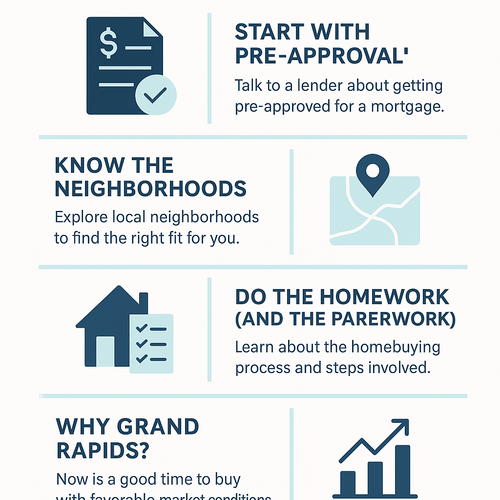1. Begin with Clarity and Honesty
As a seller, knowing exactly what you want is the foundation of a successful listing. Ask yourself key questions: Am I ready to sell now, or should I wait? Is this the right time in my life or in the market? Being clear about your goals, from timing to price range, allows your listing agent to give you stronger advice and create the right strategy.
At the start of your partnership, transparency matters. Let your agent know your timeline, any property quirks, and your biggest priorities. Maybe you want a quick sale, maybe you need a specific closing date, or maybe there are repair items or HOA rules to disclose. Sharing this information early builds trust and helps your agent design the best plan. If you think your agent has concerns they have not mentioned, ask them directly.
2. Agree on a Communication Plan Upfront
Selling a home usually involves frequent updates, so work with your agent to decide how and when you will communicate. Will you prefer text, email, or phone calls? What days and hours work best for you? Setting this up early prevents missed messages and makes sure both sides respect each other’s time.
You should also define expectations about response times. Let your agent know whether you expect quick replies after hours, or if regular updates during the day are better. Establishing this routine avoids misunderstandings and keeps the working relationship productive.
3. Ask When You Do Not Understand
Real estate comes with a lot of terms like comparables, contingencies, escrow, or closing credits. If something sounds unfamiliar, ask your agent to explain. Getting clear on details prevents delays or mistakes later in the process. A good agent will welcome your questions because clarity is always better than assumptions.
4. Manage Emotions and Expectations
Selling a home you have lived in is emotional, and it is normal to feel attached. Receiving an offer below your listing price can be difficult, but it is often just the beginning of negotiation. Trust your agent’s guidance and remember that even lower initial offers can turn into strong deals.
If your home stays on the market longer than expected, avoid making quick judgments. Sometimes the price needs adjusting, or your marketing needs refreshing. Talk with your agent about what is working and what needs to change so you can make smart, informed decisions.
Why This Matters in West Michigan
Grand Rapids and the surrounding West Michigan communities move quickly when homes are positioned well. Buyers and sellers in this market value communication, clarity, and local expertise. As a local realtor, I work with clients to make sure the selling process is smooth, respectful, and focused on their goals.




Leave a Reply